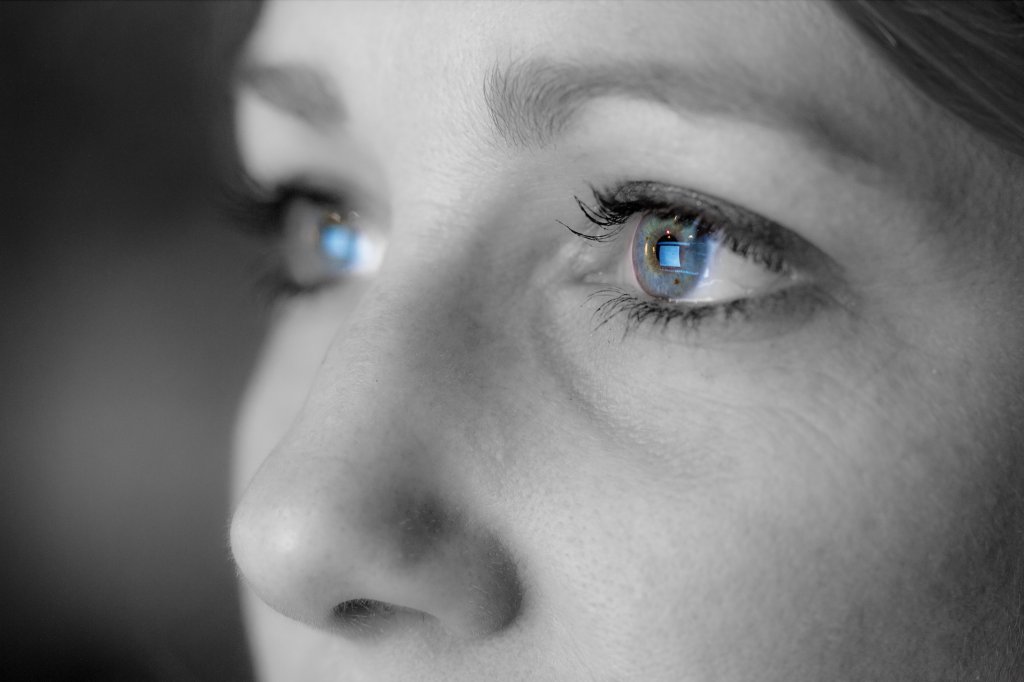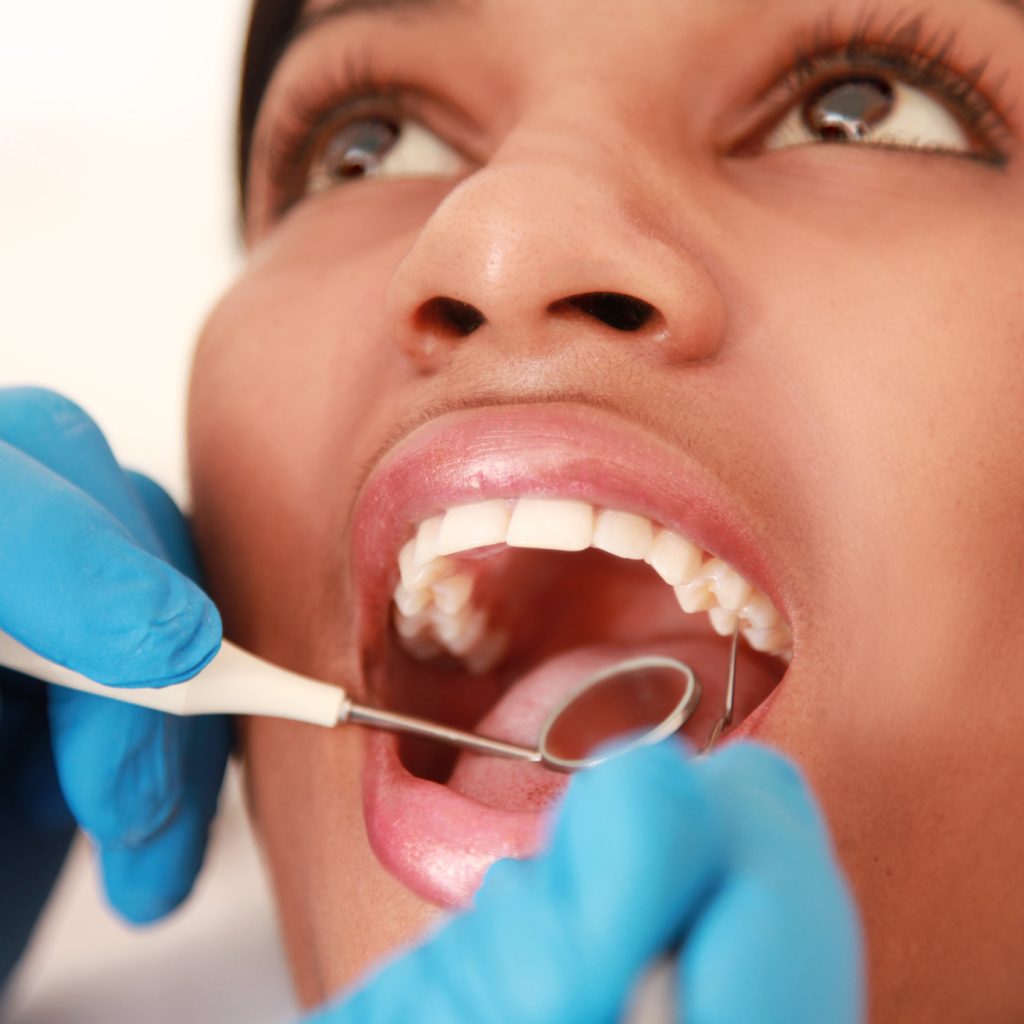Patients don’t want to pick up leaflets or press touch screens. Dan Durie the CEO of SmileVision explains how going digital can help practices solve the problem – without increasing staff workload or cost.
Do not touch!

Not so long ago if a patient wanted more information about a treatment, such as teeth whitening, or you needed to give them aftercare details following an appointment, the natural thing to do was hand them a leaflet. Not anymore – who wants to pick up a piece of paper when it could also be carrying the virus?
The same goes for check-in touch screens. Just as patients were accepting them as the norm they are fast become redundant – asking all your patients to place a finger on the same spot is clearly not a good idea!
This makes communicating with your patients even more difficult at a time when PPE, masks and social distancing have already made it much harder to have an effective face to face conversation.
Does this matter? Yes! If you can’t provide patients with information when they make an enquiry then your treatment conversion rates will fall. The quality of the patient experience you offer will suffer in other ways as well – both of which will have a negative impact on revenue and profitability. Even more worrying, perhaps, is the risk that CQC and GDC best practice is not being followed (as detailed in their second principles 2.1, 2.2, 2.3, 2.4). Which in turn leaves you exposed to negligence claims from your patients.
Digital does it!

The smart way to solve this is with digital leaflets and videos. Not only is it easy to post these on your social media feeds and website but they can also be sent direct to a patient’s computer, tablet or phone. There’s no physical contact so no risk of infection, staff can ping the information over in seconds and you can demonstrate that you have complied with the CQC and GDC best practice as far as getting informed consent is concerned. You can also replace touch screens with an app on their own mobile phone so patients can register their arrival in reception without coming into contact with surfaces or people.
There’s only one slight issue, however – who on your team has the time and expertise to create all this digital content, let alone develop that mobile app? You could employ someone with those skills – but their costs are significant adding thousands a month to your payroll. Or you could get an existing member of staff to go on a load of courses then spend a few hours a week, for months, to produce these leaflets and videos. How long is that going to take? And you’d also have to pay someone else you cover the work they were doing previously.
A much more affordable option
For a fraction of that cost (a mere £22 +VAT a month) you can subscribe to SmileVision’s extensive library of digital marketing and mobile communication tools.
These make it quick and easy for your team to:
- Attract new patients and generate treatment enquiries from them by posting videos on social media and uploading onto websites
- Increase treatment enquiries from existing patients by promoting all the services available using email videos and leaflets
- Convert treatment enquiries into bookings by emailing further information in the form of personalised promotional videos and leaflets
- Ensure patients are provided with pre and post treatment information by emailing from a range of educational videos and leaflets.
At SmileVision we’ve also recently developed the new Kandula app and it will be included it in our digital subscription. This makes communication much more effective and convenient for all concerned:
- You can send appointment information and reminders straight to a patient’s phone
- Check-in can be done through the app – minimising a receptionist work and a safe replacement for any touch screen
- Patient Call direct to their mobile – minimising staff time and work
- Payments can be made through the app and you can even pre-charge for treatments – this will dramatically reduce the number of “failure to attend” instances and ensure you don’t lose out if patients still don’t turn up.
- You can send promotions and videos direct to your patient’s phone – increasing cosmetic and treatment bookings
- You can send pre and post treatment emails and leaflets – improving your patient’s experience and helping with delivery of CQC and GDC best practice
Stick to what your good at

If your car had an issue you’d take it to a garage. If you wanted help with a tax situation you’d talk to an accountant. If you decided to extend your kitchen you’d call a builder. Why should digitising your patient communications be any different? Getting professional assistance is not only less costly, in time and money, but the quality and results are better too.